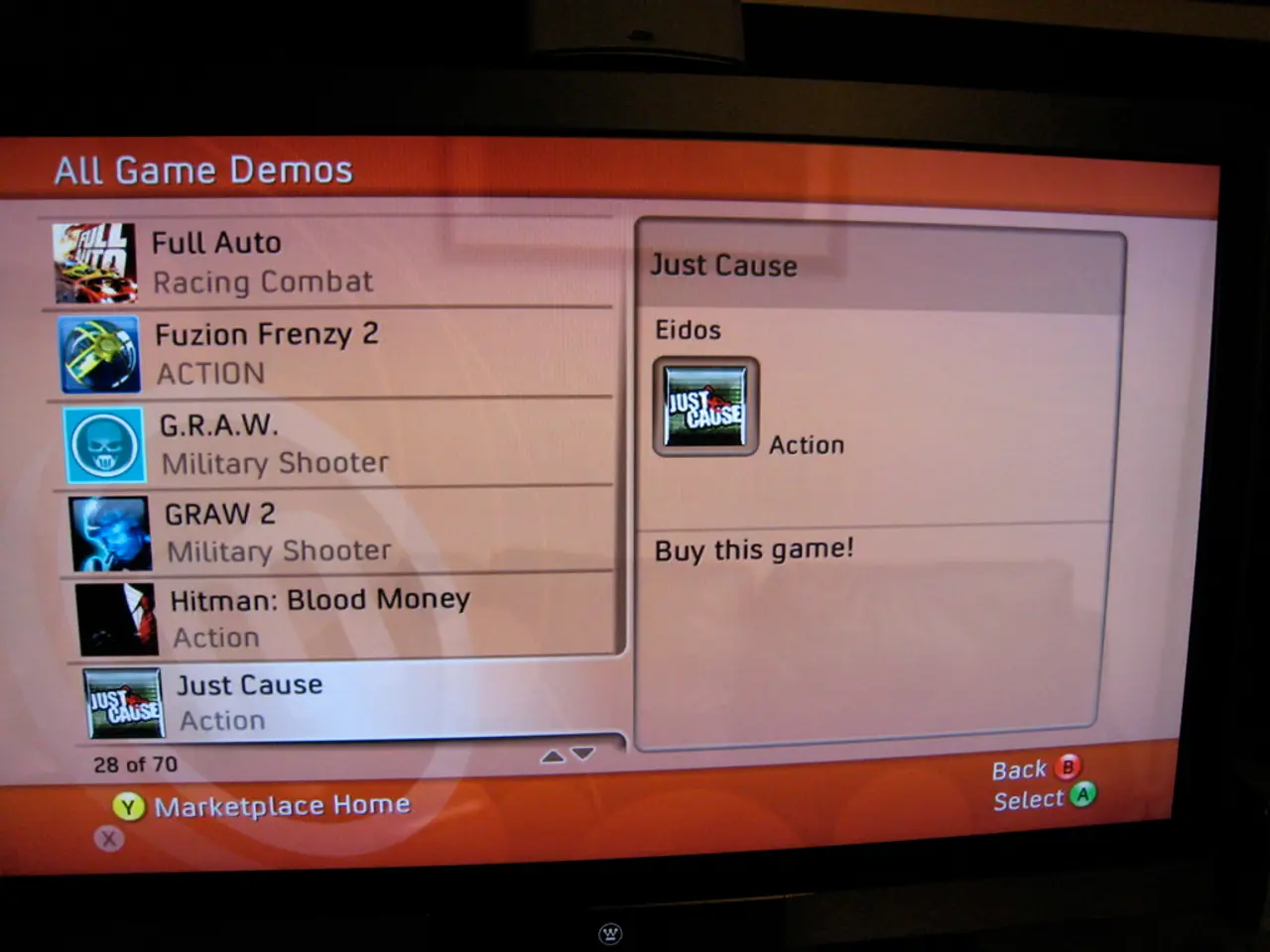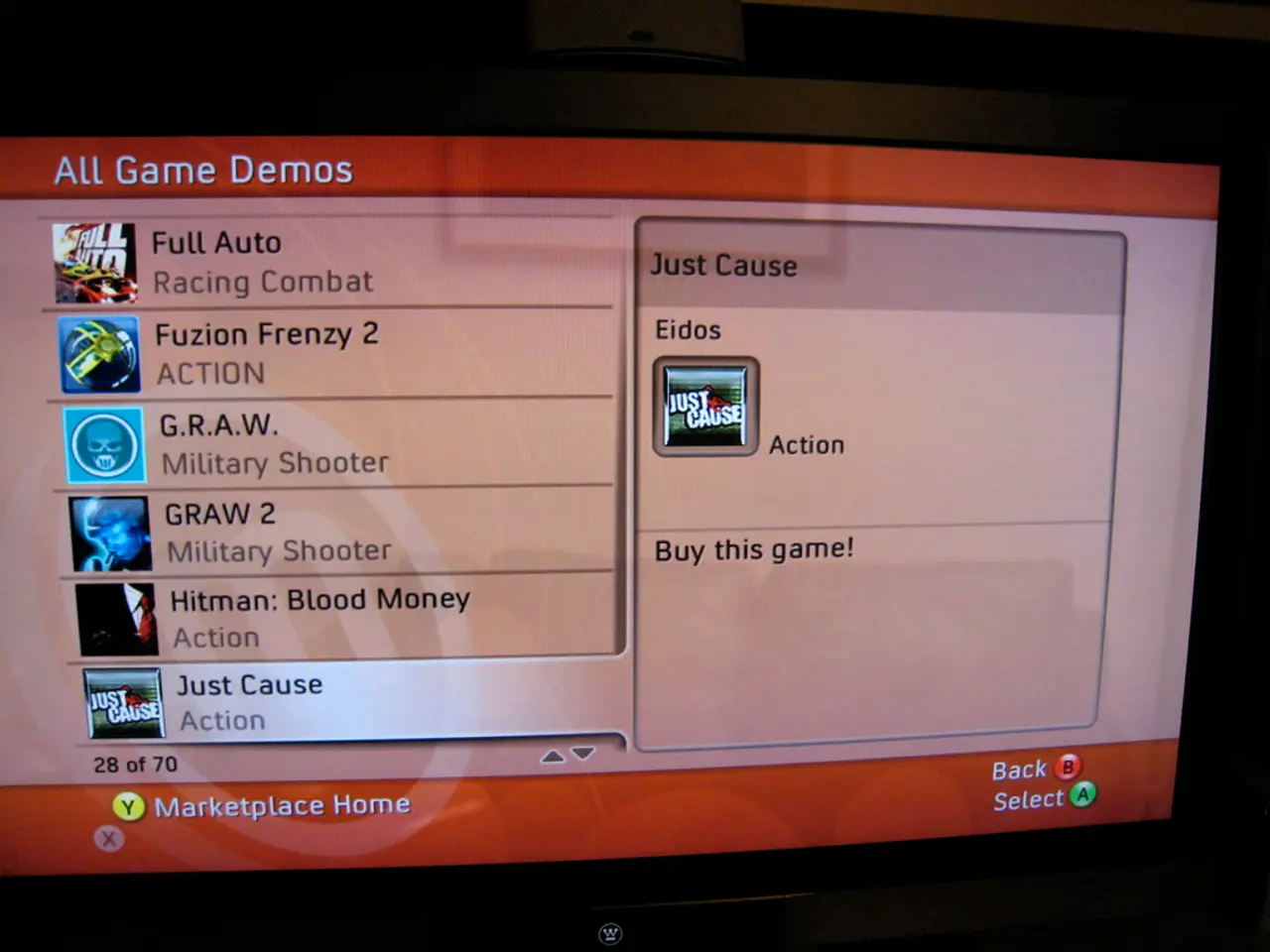Unauthorized Disclosure: Over 21 Million Workplace Screenshots Exposed Online by Surveillance Firm
Employee Screenshot Leak Exposes Risks of Workplace Surveillance Tools
In the digital age, companies are ramping up employee monitoring, courting potential perils for thousands of workers. The latest incident involves WorkComposer, a popular employee surveillance app that leaked a staggering 21 million screenshots, potentially compromising sensitive data across over 200,000 organizations worldwide.
Discovered by security researchers at Cybernews, the leaked screenshots, taken every 3 to 5 minutes, potentially contain internal communications, confidential documents, login credentials, and even personal employee information. This sensitive information can expose workers to identity theft, scams, and other cyber threats.
The exact number of affected companies and employees remains unclear. However, the leaked screenshots offer a chilling glimpse into the daily lives of workers, raising questions about the responsibility and ethics of using such tools for employee monitoring. Following the discovery, Cybernews, who also unveiled a similar leak by another company earlier this year, prompted WorkComposer to secure the information. The company declined to comment on the incident.
José Martinez, a Senior Grassroots Advocacy Organizer at the Electronic Frontier Foundation, stresses that companies should not be entrusted with such sensitive information. "If a worker committed the same incompetence that WorkComposer did, this data might be used to fire them," Martinez stated. "WorkComposer, too, should be out of a job."
Beyond screenshot monitoring, WorkComposer offers services like time tracking (including monitoring breaks) and web tracking. The company’s aim - to help people 'stop wasting their lives on distractions and finish what is important to them instead' - feels ironic given the massive distraction a data leak like this can create.
The psychological and mental health consequences of workplace surveillance are well-documented. A 2023 report by the American Psychological Association reveals that 56 percent of digitally surveilled workers feel tense or stressed at work, compared to 40 percent of those who aren't. Advocacy groups like Public Citizen also express concerns that surveillance can increase mistakes and force employees to focus on 'quantified behavioral metrics' that aren't necessarily essential for job performance.
Workplace surveillance has been a long-standing phenomenon. However, incidents like the WorkComposer leak underscore the mounting risks associated with the growing use of technology in the workplace. Unfortunately, the United States offers very little protection at a state or federal level, leaving companies to decide the extent of employee surveillance on their own. It's difficult to justify the near-total removal of privacy and autonomy that tools like WorkComposer bring.
- WorkComposer technology, an employee surveillance app, leaked 21 million screenshots, potentially affecting over 200,000 organizations globally in 2023.
- The leaked screenshots, taken every 3 to 5 minutes, may reveal internal communications, confidential documents, login credentials, and personal employee information, posing risks of identity theft, scams, and cyber threats.
- José Martinez, a Senior Grassroots Advocacy Organizer at the Electronic Frontier Foundation, stresses that companies should not have access to such sensitive data, likening WorkComposer's actions to a workplace incompetence that could lead to termination.
- WorkComposer offers services beyond screenshot monitoring, including time tracking and web tracking, aiming to help employees 'stop wasting their lives on distractions'.
- A 2023 report by the American Psychological Association revealed that 56 percent of digitally surveilled workers feel tense or stressed at work, compared to 40 percent of those who aren't.
- Public Citizen, an advocacy group, expresses concerns that workplace surveillance can increase mistakes and force employees to focus on quantified behavioral metrics, which may not be essential for job performance.
- Incidents like the WorkComposer leak underscore the growing risks associated with the use of technology in the workplace, with little protection in the United States at a state or federal level, leaving companies to decide the extent of employee surveillance on their own.








